Sustainable-Sustainable Architecture
Critical Concrete is an architectural social initiative in Porto that provides an alternative way of teaching, learning and creating architecture. Through running workshops, summer school programs and combining both theoretical and practical activities, the project fosters sustainability in close collaboration with the community.
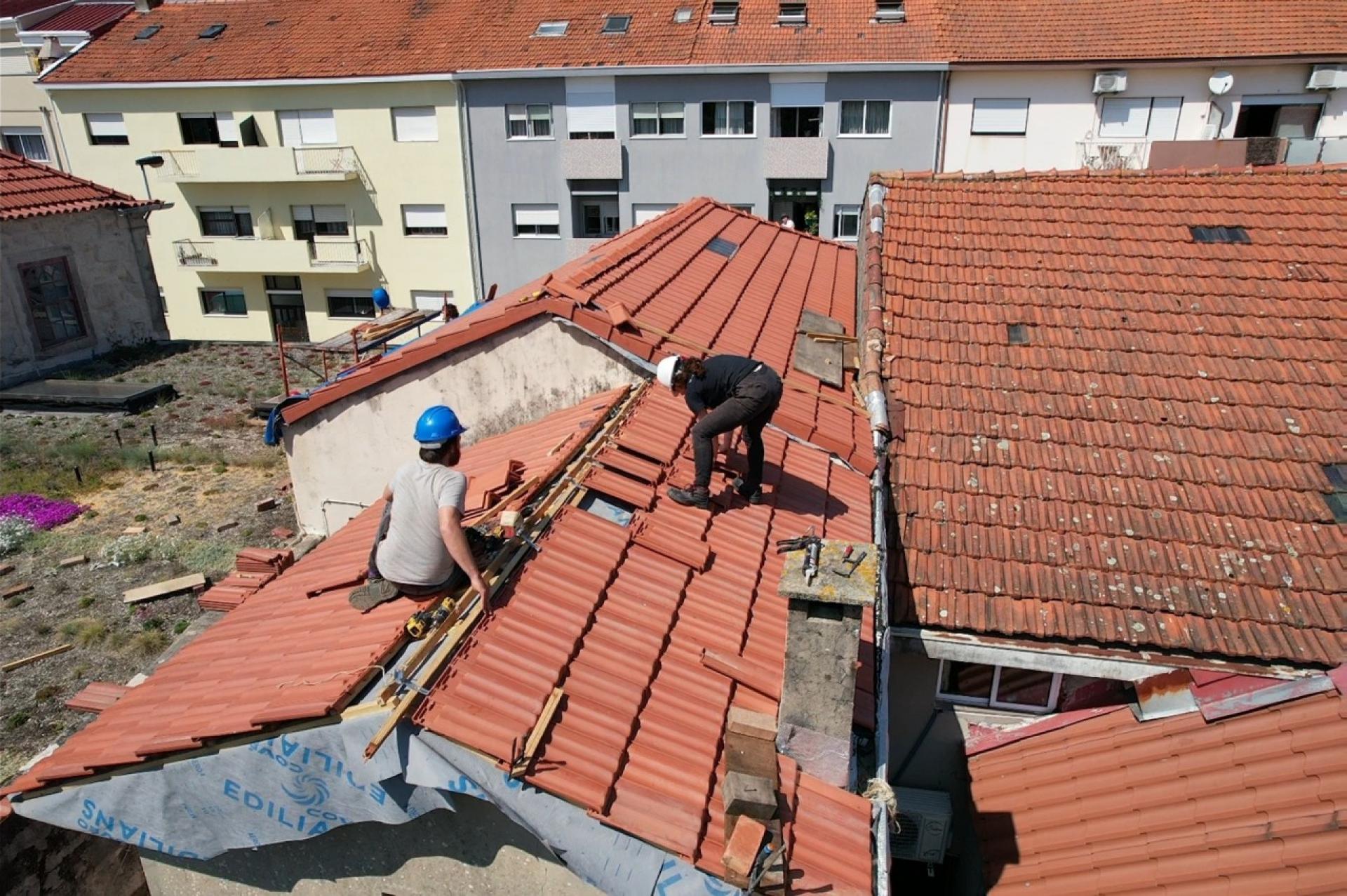
Reconstruction of a roof for a vulnerable family in the context of a social project, co-funded by the district municipality of Ramalde. | Photo © Critical Concrete
The founder of Critical Concrete Samuel Kalika studied mathematics and fine arts before he moved to Berlin to coordinate the ZK/U Center for Arts and Urbanistics of Berlin (2011 – 2016). In 2015 he founded Critical Concrete as a socially relevant cultural project, a production centre, platform for makers and locals in a suburb of Porto. Hit by the housing poverty they encountered when scouting for spaces, Samuel and Juliana Trentin — first project coordinator — redesigned the project for it to be a solution to tackle this issue and introduce young people to its reality.
Why have you started Critical Concrete?
Samuel Kalika: I was working in Berlin and as I have beforehand lived in Spain for almost seven years I wanted to start something in the Southern Europe, mostly because the quality of life is better. When I arrived in Porto I wanted to set up an idea of an activation of a project space that could offer possibilities to change the urban environment doing different workshops and programs. Visiting different places in Porto opened a deeper problem, especially the housing opportunities.
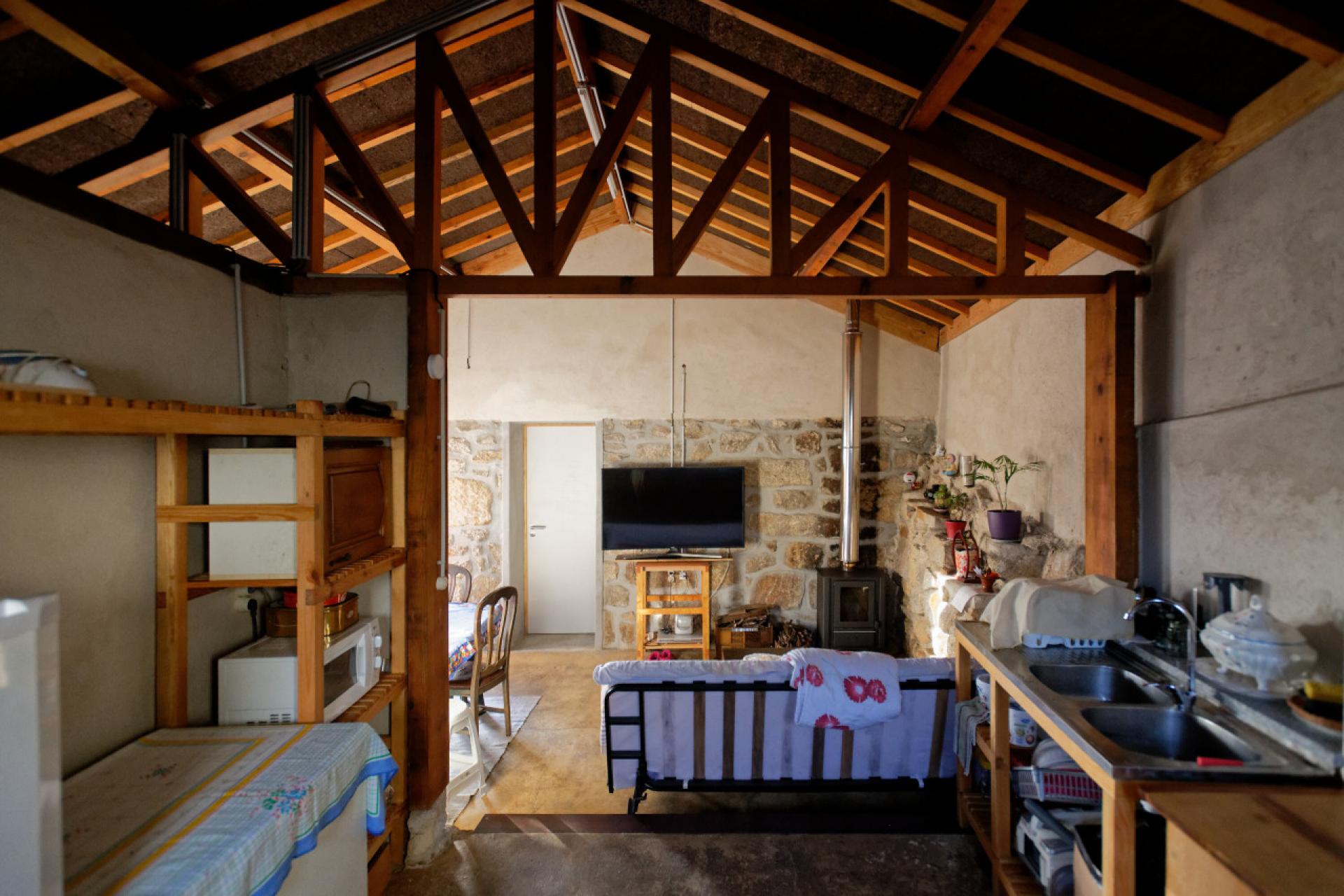
House renovation of a vulnerable family in the context of a social project, co-funded by the Esposende Municipality. | Photo © Critical Concrete
Portugal is one of the countries in Europe that has one of the worst conditions when it comes to housing. If we compare in terms of energy poverty, Bulgaria is the worst in Europe and immediately afterwards comes Portugal. A fact that a lot of Portuguese people lives in poverty with problematic housing conditions gave us this push to start this social architecture initiative instead of project space I was mentioning at the very beginning.
Therefore you initiated the idea of social architecture through the educational format?
SK: Our starting point was organising the summer school project, where we kicked out the project with a direct social impact by a crowdfunding the action through an educational format. So the students would pay for the educational format that would cover most of the cost of refurbishment of the sites and mentors’ work.
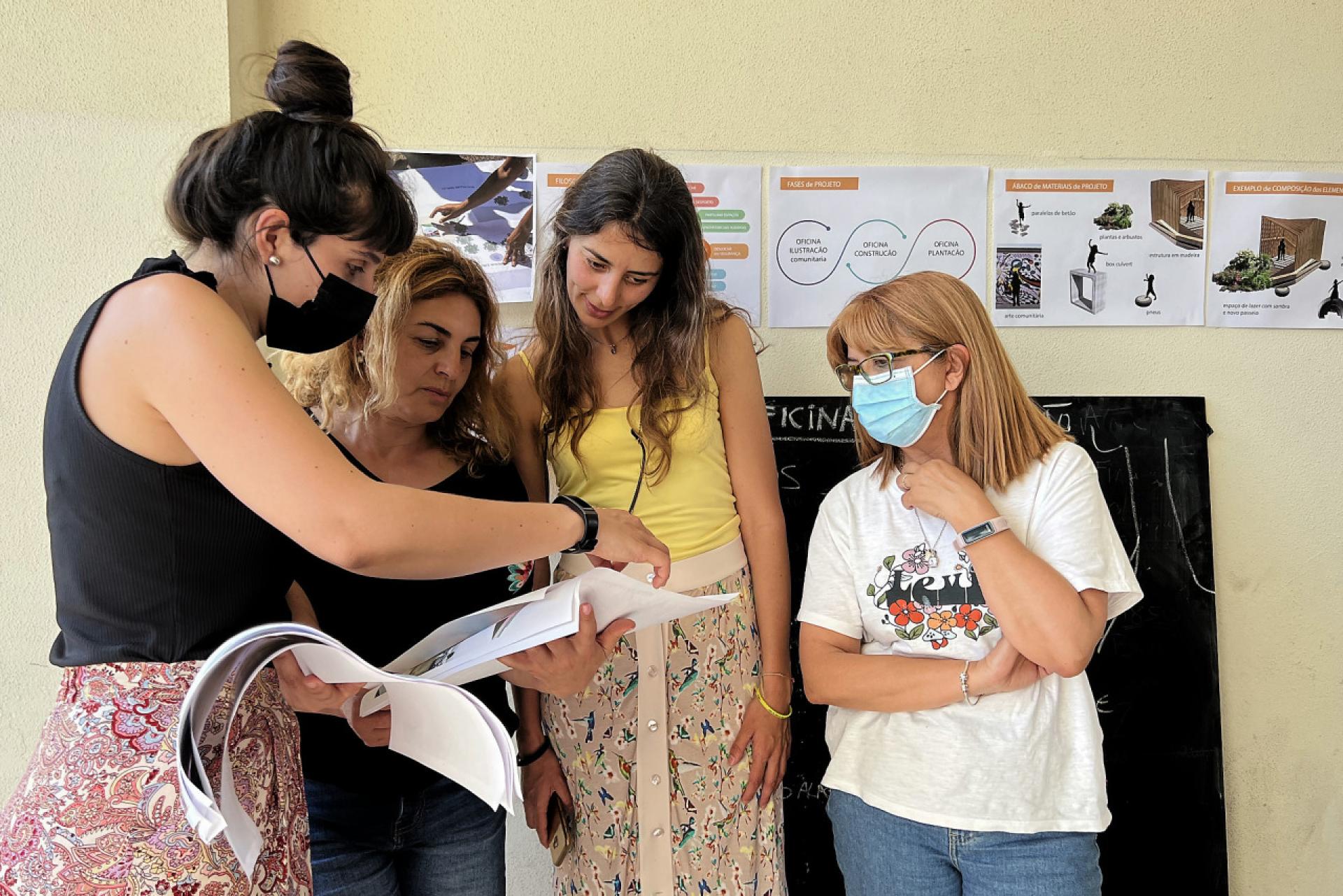
Participatory design of a public space re-qualification in Apúlia, co-funded by the Esposende Municipality. | Photo © Critical Concrete
Critical Concrete is a practice with the focus in solving different housing problems?
SK: We work within the district municipality to find a family unit that would be in a situation of housing distress. We organise three weeks workshop for the complete refurbishment of the house. Our result is a social and sustainable architecture.
Covid pandemic brought solitude and isolation; how did you work during these times?
SK: Before the pandemic we organised four summer schools from 2016 - 2019, which we stop during the pandemic and move to a long term educational program. We set up a plan of post-graduation course, a kind of a master that last for one year. It is a specialisation program that we set up in collaboration with ESAP (Escola Artistica do Porto) and evaluate the degree.
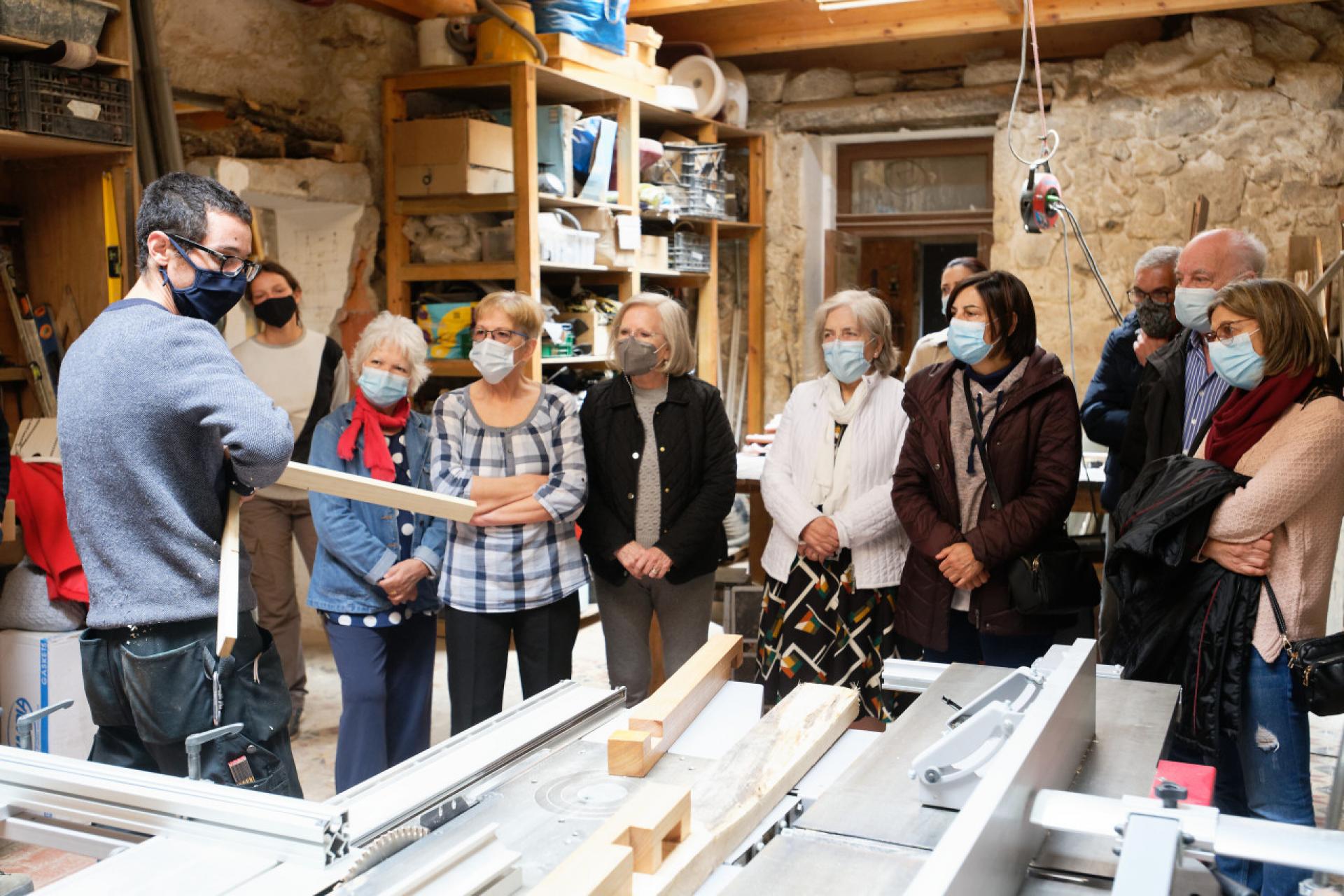
Carpentry workshop with the Inter-generational University of Ramalde. | Photo © Critical Concrete
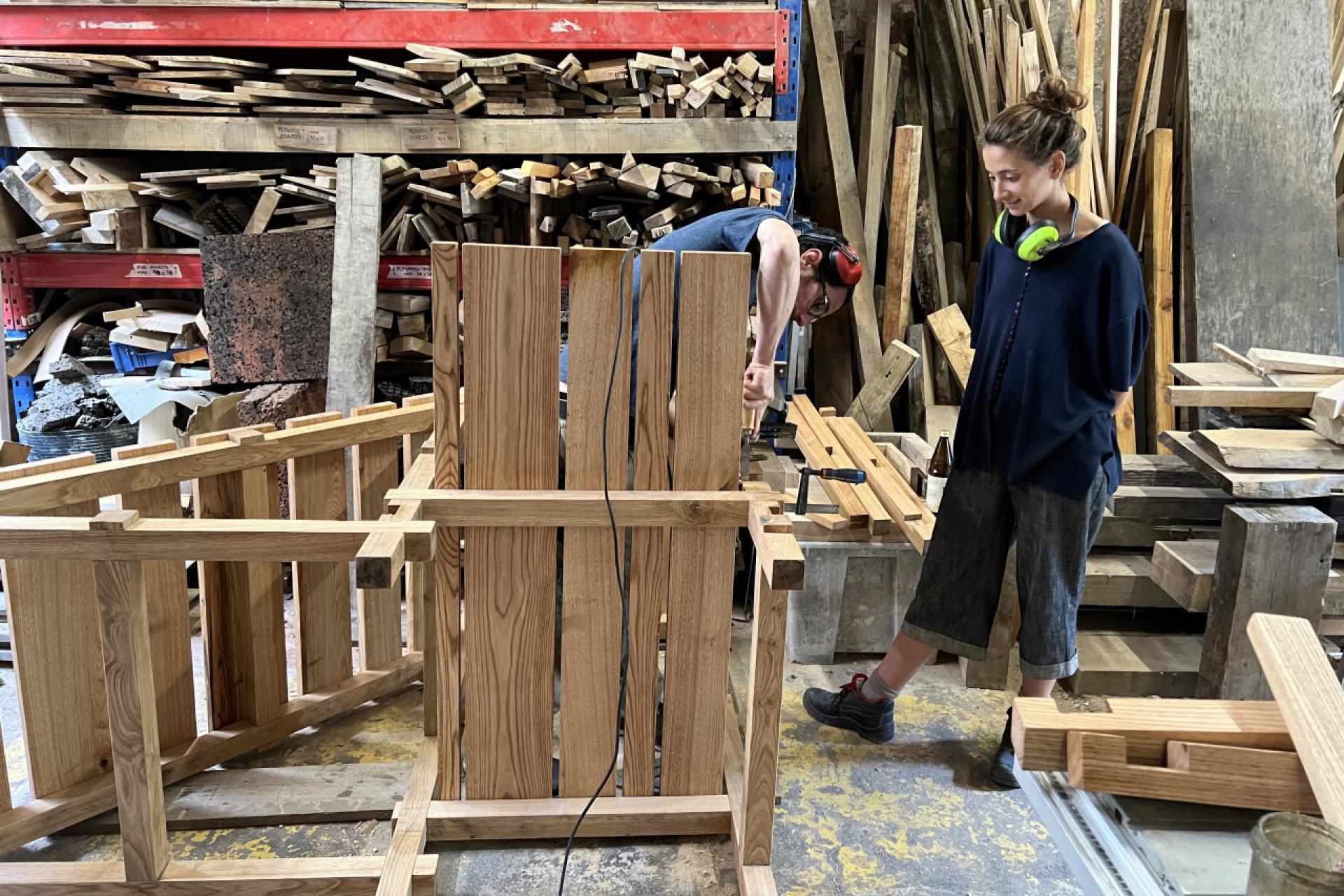
Participatory design and construction of outdoor furniture for a community space in Ramalde (Porto). | Photo © Critical Concrete
In such way we developed the theoretical experience of summer school and instead of having an intense hands-on practice in only three, we extended it over six weeks. We still have two workshops, just in longer period of time during the whole year. With online classes we still focus on the idea of the execution of one third theoretical and two third of practical program. In such way a new educational system, our learning platform of sustainability is created as an autonomous project Criti.co.
You are also funding self sufficient projects?
SK: The transition of this work become clear during the pandemic. It was very clear the we need to be more robust if we want to survive. We engage a valid group of people to create a social impact and become an advocative for sustainability.
So you create an open source in collaboration with different partners?
SK: Yes, for sure.
When we talk about Critical Concrete, we talk about new construction materials and prototypes?
SK: This is an ongoing research that we are developing. At our own start we realised how ignorant we were when it comes to use of the sustainable materials. That’s why we started to question ourself the possibility of using such materials as mycelium. Our first insulation prototype was very simple and when we started to work with mycelium we realised how fireproof, how resistant to water and how biodegradable is. We are still testing, working on the prototypes so this is still a research phase that needs more time and money to be fully developed and realised.
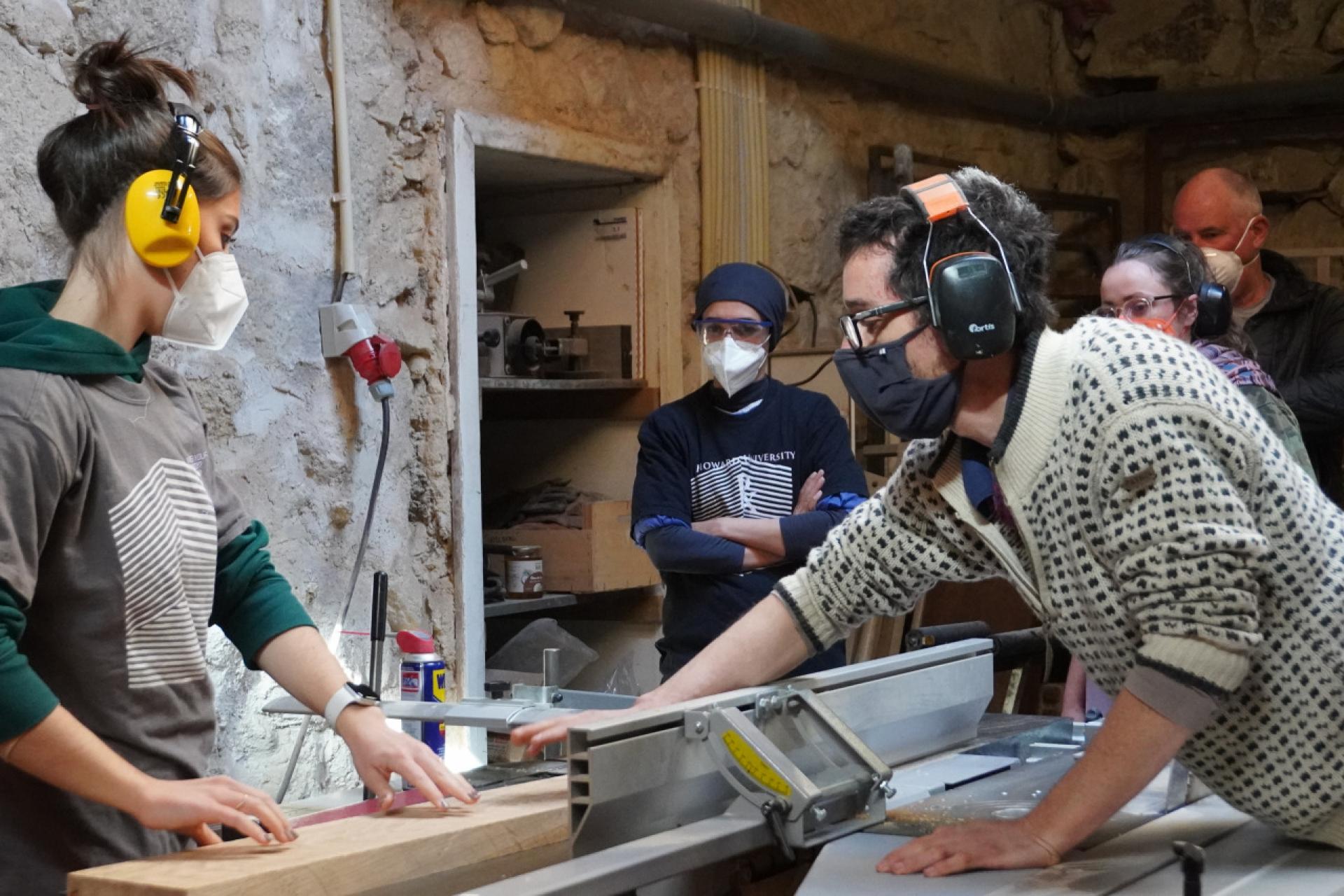
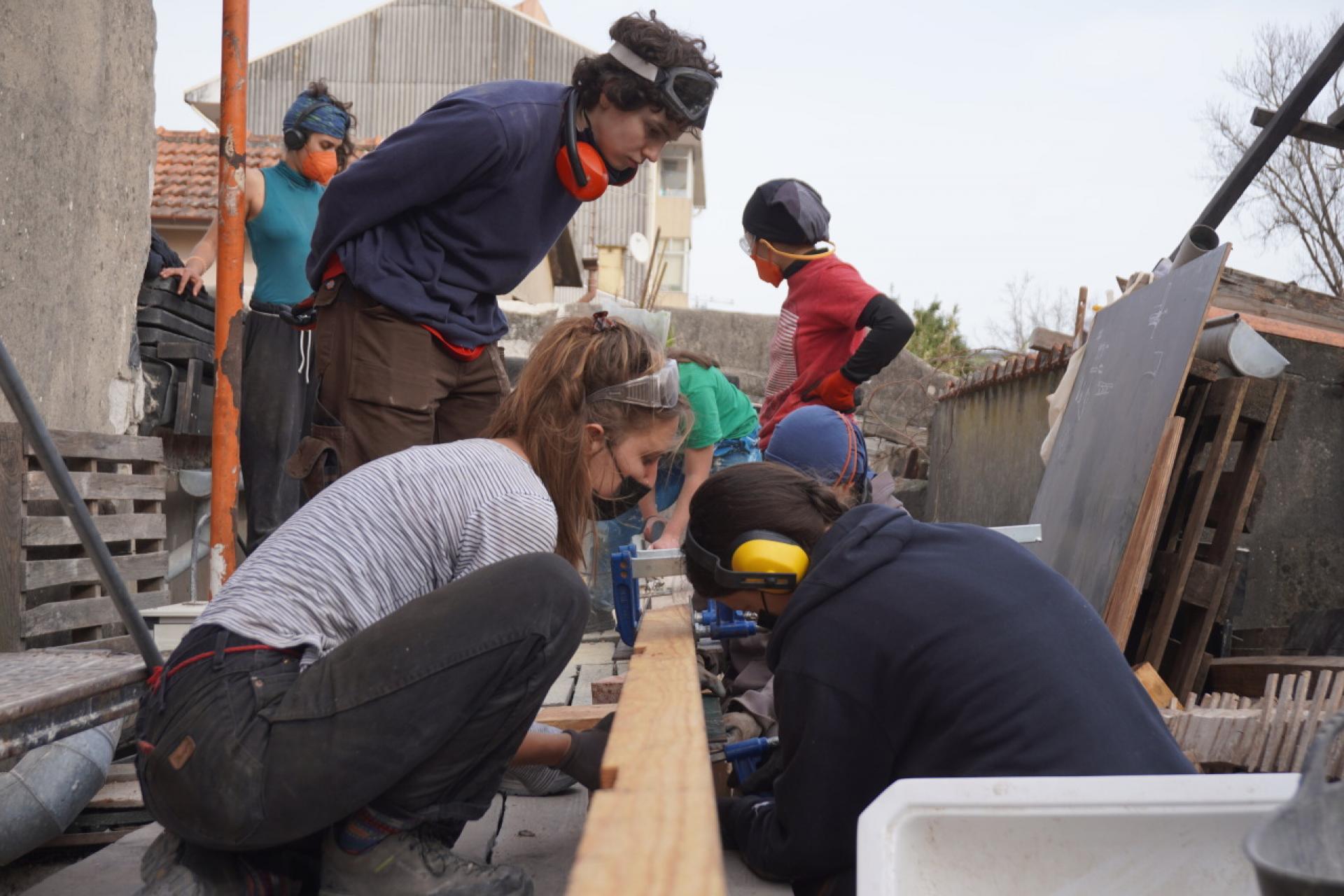
Hands-on workshop with the students of Critical Concrete and ESAP’ Sustainable-Sustainable Architecture post-graduation. | Photo © Critical Concrete
What is the importance of self-build projects?
SK: We are using our project space for prototyping. We test anything we would like to apply to a client’s home. The most emblematic test was the asbestos roof of the workshop, which we remove and built a green semi intensive roof. This was a challenge to work with wooden materials. Part of the green roof lay on the new foundation where we used the structure of old tires. We collaborated with organisation dealing with the insolation panels made of corks. There are many small solutions, which shall be discovered, tested and implemented into new solution for better living conditions.
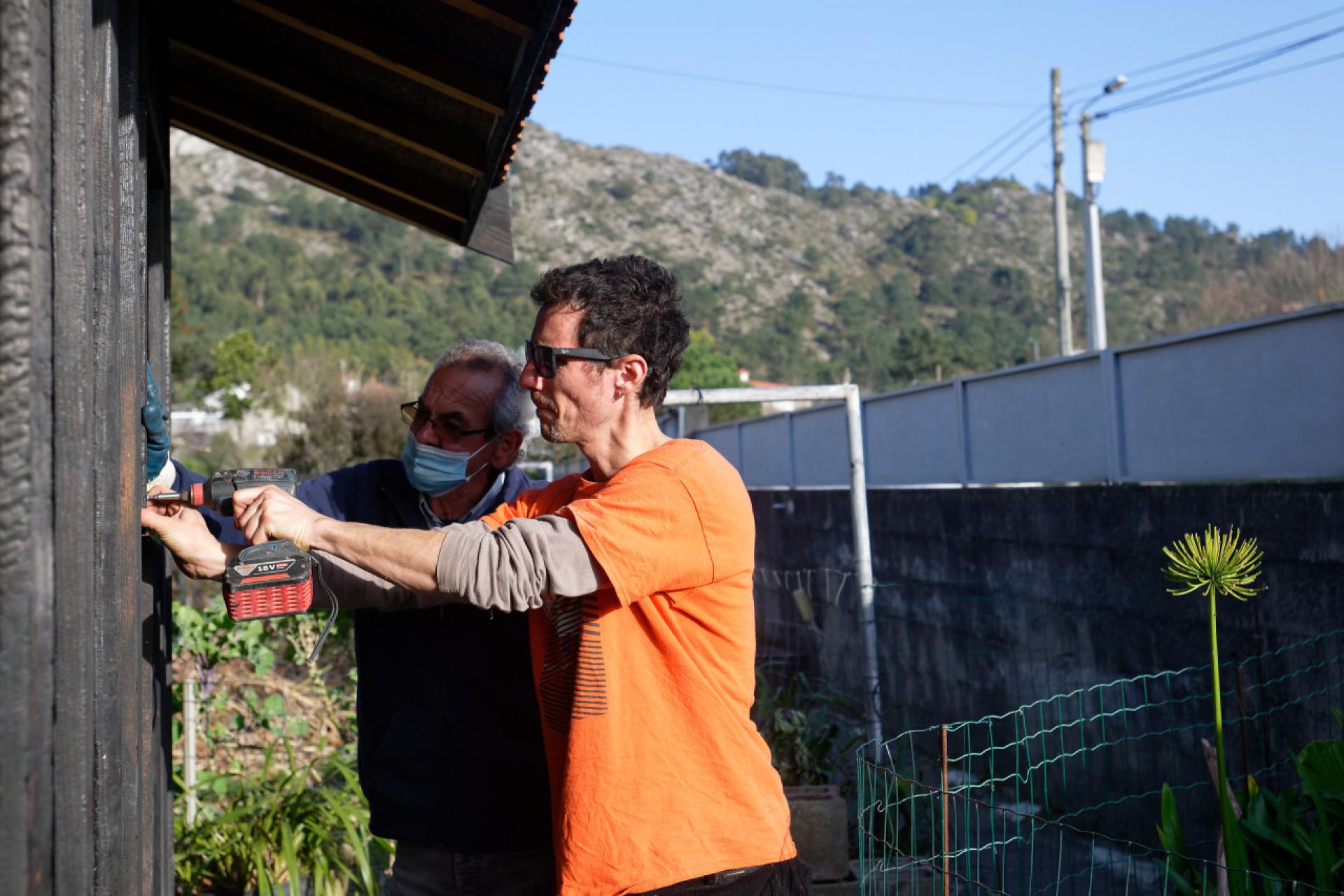
Samuel Kalika is the founder of Critical Concrete. After studying mathematics (BA – Paris VI, 2003) and fine arts (MA – UPV, Valencia & CAFA, Beijing, 2011), Samuel moved to Berlin to coordinate the ZK/U Center for Arts and Urbanistics of Berlin (2011 – 2016). There, he worked mainly around the problematics of sustainability of DIY, placements of artists in non-artistic organisations and coordinated the artistic residency. In parallel, he was developing socially engaged artistic projects 2010. In the continuation of his work at the ZK/U, Samuel founded Critical Concrete in 2015. The intention of the project was to create a socially relevant cultural project, a production centre, platform for makers and locals in a suburb of Porto. Hit by the housing poverty they encountered when scouting for spaces, Samuel and Juliana — first project coordinator — redesigned the project for it to be a solution to tackle this issue, resolve some situation, and sensibilise young people to this hidden reality. On a second stage, the production centre Co-Lateral was opened in September 2016 in the neighbourhood of Francos, in the North West of Porto.